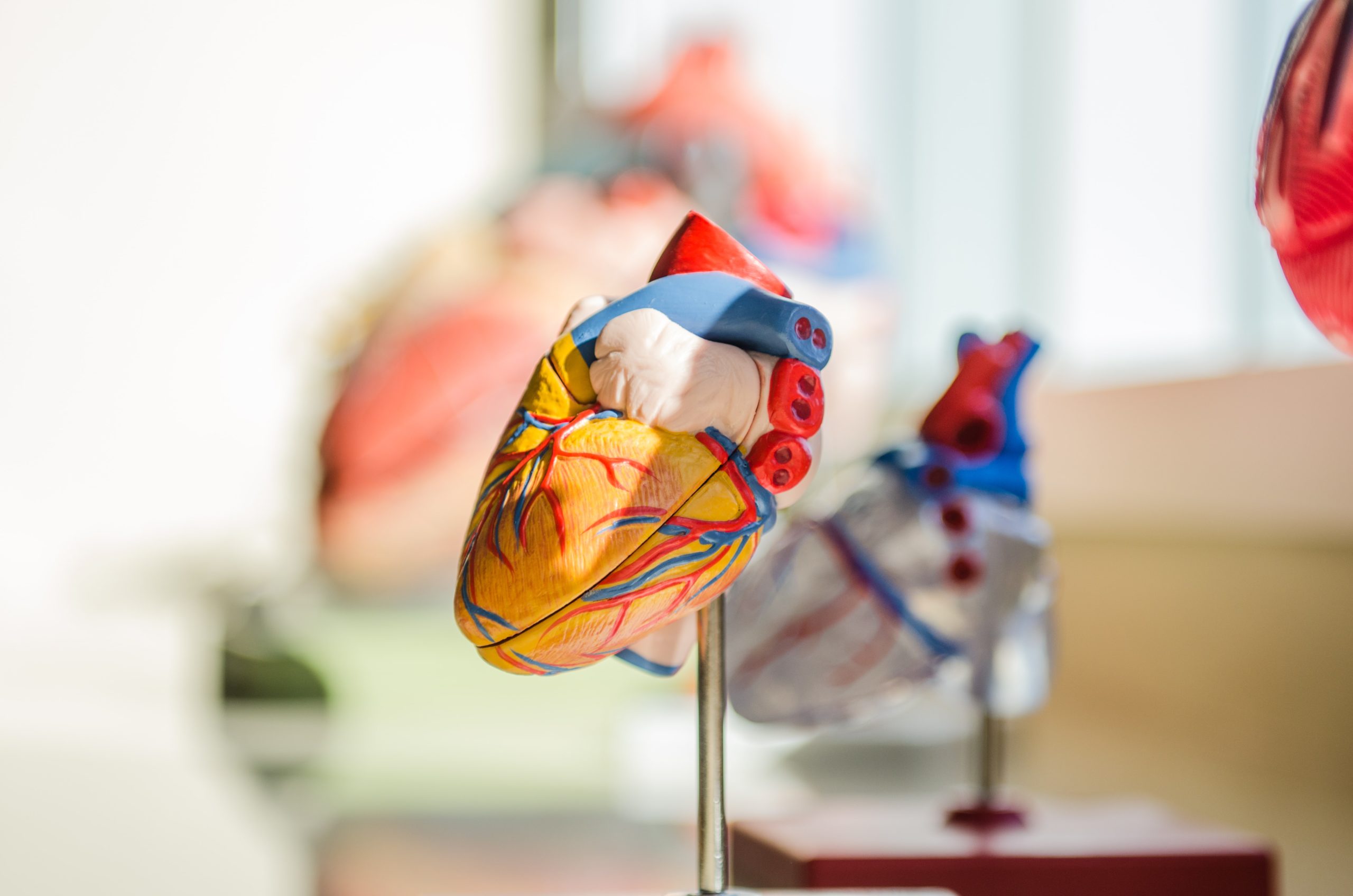
Body + Mind is reader-supported. We may earn an affiliate commission when you buy through some of the links on our site.
Cardiovascular disease remains the number one killer of American men and women. How can you prevent a heart attack and other trouble from ending your days prematurely?
While you can’t change risk factors like your genetic makeup, heredity only plays a small role in determining your overall chances. You can control the environmental factors that damage your heart. Here are eight methods for preventing a heart attack that you should adopt for a longer, healthier life.
Smoking causes one out of every four deaths from cardiovascular disease. If you want to know how to prevent a heart attack, kicking the butts is an excellent starting point.
Cigarettes raise your levels of triglycerides, a type of fat in your blood that can lead to blocked vessels. It also damages arteries and veins, making your heart work harder to carry blood to various body parts. Finally, it makes your blood stickier and more prone to clotting, which can cause heart attacks and failure.
You can find free quit smoking resources from the federal and local governments and private organizations. Please don’t get discouraged if you fall off the wagon — many people try to quit several times before making it stick.
If you are still drinking a bottle of merlot every night with the justification, “It’s good for my heart,” we have some bad news for you. While one drink might produce some modest benefit, excess alcohol consumption won’t help you prevent a heart attack. It might cause one instead.
Alcohol consumption causes your blood pressure to spike. While it quickly returns to baseline after one drink, excessive intake can lead to permanently elevated levels. This increase puts undue strain on your heart, leading to attacks.
Surprisingly, researchers revisited the old assumption that consuming more saturated fats would increase stroke and cardiovascular disease risk. They found that while reducing saturated fat intake alone did not lower risk, replacing the grease with cis-polyunsaturated fats staved off heart trouble.
What are some examples of foods you can eat? In general, you want more of anything high in omega-3 and omega-6 fatty acids, such as seafood. Make like the Catholics and bring back fish Fridays — plus, substitute one other red meat-based meal for an ocean-based one weekly to prevent heart attack.
Salt draws more water into your blood vessels, which makes your heart work harder. The typical American diet includes three times as much sodium as the recommended 1,500 milligrams daily. The statistic holds even if you lay off the shaker.
The problem lies in processed foods. If you take a can of soup out of your pantry and read the label, you’ll discover that consuming the whole thing can provide half or more of your allowance. Add a TV dinner and snack bag of chips when you’re too tired to cook and bam. You exceeded your daily salt limit.
Carrying too much weight won’t help you to prevent a heart attack. However, shedding the unwanted pounds isn’t easy — you need to create a deficit of 500 calories daily to lose one pound per week.
Fortunately, you don’t want to starve yourself — doing so can slow your metabolism and lead to weight gain. Instead, replace high-calorie foods with lighter versions. You can use applesauce in place of oils in baking and use cauliflower or zucchini as pizza crust and pasta substitutes. That way, you cut calories without feeling deprived and falling off the wagon — with belt-busting results.
Exercise is a fabulous way to manage your weight through burning calories. It also helps in keeping your blood vessels more pliable. Although pressure increases with exertion, it drops after exercise — think of gently stretching out a rubber band. You create more “give” overall.
Additionally, moderate exercise helps to keep your hormones in check. While prolonged or extremely vigorous exertion can raise cortisol levels, workouts lasting less than an hour that doesn’t cause excessive grunting and groaning keeps it in check.
Recent research from the University of North Carolina at Chapel Hill suggests that having a thriving social network is as important as exercise in reducing health risks, including heart attack. While your responsibilities increase with age, don’t let family and career happen at the expense of your friendships.
Outside relationships grow more important as you get older. Many adults eventually lose their life partners, and the resulting loneliness increases heart risk. To prevent heart attack, seek connection through volunteering and participating in community activities.
Finally, stress temporarily increases your heart rate and blood pressure — your body must prepare your muscles with oxygen for fight or flight. However, when it becomes chronic, your brain learns to keep your blood pressure elevated, increasing cardiovascular risk.
You can lower your stress by eliminating things that cause it — but escaping a micromanaging boss isn’t always practical. You can, however, engage in practices like yoga and meditation. Participating in hobbies like gardening can also ease tension.
While you can’t change your genes, you can learn to prevent a heart attack through behavioral modification. Make the eight lifestyle changes above and feel healthier today — and tomorrow.
Your email address will only be used to send you our newsletter, and at any time you may unsubscribe. For more information, see our Privacy Policy.